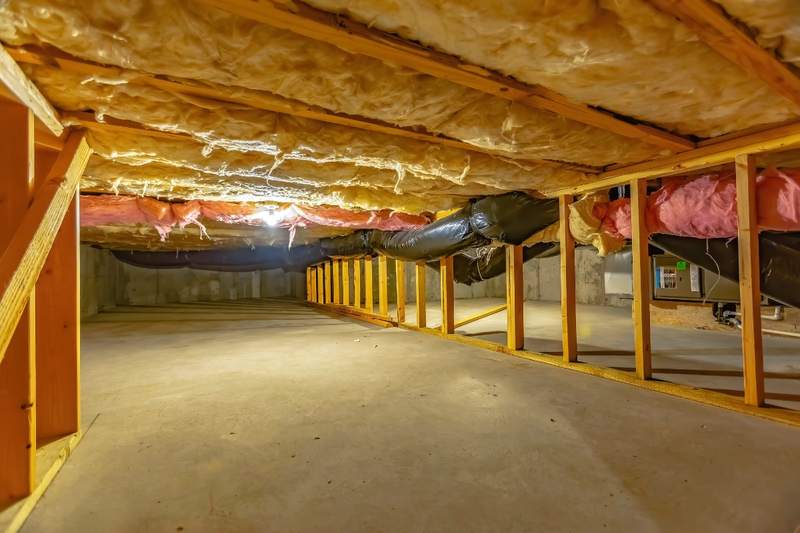
If you’ve finally found the right home to buy, then it’s time to make an offer. One way to make your offer stand out amid competition from other buyers is by putting down earnest money. Also known as a good faith deposit, earnest money is a sum you pay upfront to show the seller that your offer is serious.
Here’s what you need to know about how earnest money works.
Earnest Money Definition
Earnest money is a deposit you offer with your bid to show the seller you’re serious about buying their home and you have the resources to complete the sale. Buyers offer earnest money to make their bid more appealing to the seller, who may keep the deposit if the buyer reneges on the deal.
How much should you pay? A typical earnest money deposit is 1% to 3% of the sale price, though you can put down more to strengthen your offer. The deposit is paid into an escrow account after both parties sign a sales agreement or purchase contract.
If the sale goes through, the deposit usually is applied to the buyer’s down payment or closing costs. If the sale is canceled for reasons that aren’t covered in the purchase contract, then the buyer forfeits the deposit, and it’s paid to the seller.
Earnest money is attractive to sellers because it compensates them for their time and expenses if the buyer fails to complete the sale. There also is less risk of the sale going awry if the buyer has the financial resources to offer earnest money.
Why is earnest money important?
The more money you put down upfront, the less risky the deal will be for the seller. An earnest money deposit can make your offer more attractive, especially in a competitive market.
How Does Earnest Money Work?
You pay earnest money after the seller accepts your offer and both parties sign a purchase agreement. The funds usually are paid by check or wire transfer into an escrow account, which is managed by a third-party service that holds the funds and ensures they are paid out according to the deal.
Example of earnest money
Let’s say you’ve made an offer on a $500,000 home. You can expect to put down $5,000 to $15,000 in earnest money. If the sale goes through, this money will be applied to either your down payment or closing costs.
If you break the contract and walk away from the deal, you can lose your earnest money, and the seller keeps it. But if the deal is canceled for failing to meet the contingencies spelled out in the sales agreement, then the earnest money usually is returned to the buyer.
Is Earnest Money Refundable?
When you back out of a deal after signing the purchase agreement, you can keep your earnest money if you’re backing out because a contingency spelled out in the sales contract hasn’t been met.
Here are some common contingencies that usually result in the buyer keeping their earnest money.
Home inspection contingency
If the home inspection reveals serious safety, structural, or functional problems with the property, then this contingency allows the buyer to walk away and keep their earnest money.
Appraisal contingency
If the home appraisal finds the property is worth less than the purchase price, an appraisal contingency allows you to back out with your earnest money.
Contingency for selling an existing home
Buyers may need to sell their current home to pay for a new one. If you’re unable to sell your home within a certain period, a sales contingency lets you cancel the deal and keep your earnest money.
Financing contingency
If you fail to get approved for a loan or can’t secure enough financing to buy the home, a financing contingency will let you cancel the deal and keep your deposit.
When should you waive a contingency?
If you’re facing a competitive market, you might be tempted to waive some contingencies to streamline the process for the seller. While waiving contingencies may make your offer more competitive, you risk losing your earnest money if problems come up and you decide to cancel the sale.
Who Holds Earnest Money?
Instead of paying earnest money directly to the seller, it’s paid into and held in an escrow account until the sale closes or is canceled. An escrow agent is a third party that ensures the funds in a transaction are paid out in accordance with the terms of the deal.
FAQ
Here are answers to some frequently asked questions about earnest money.











